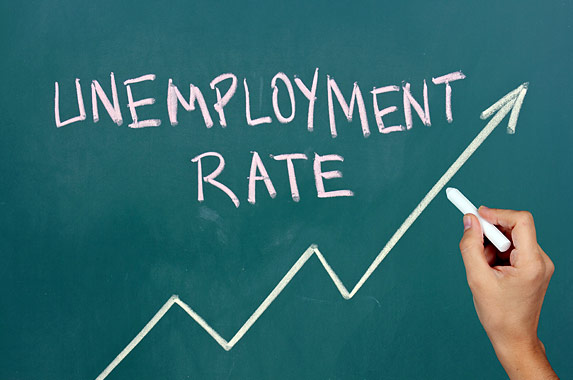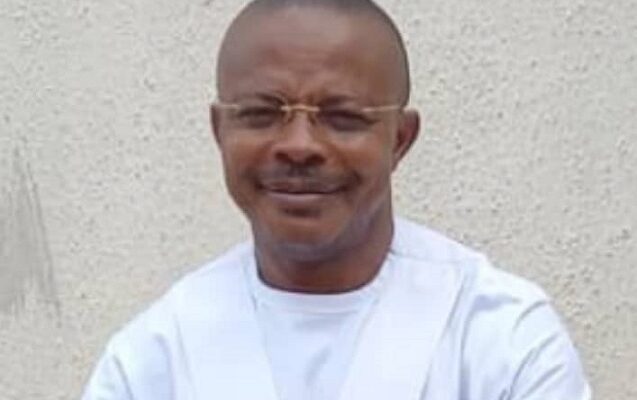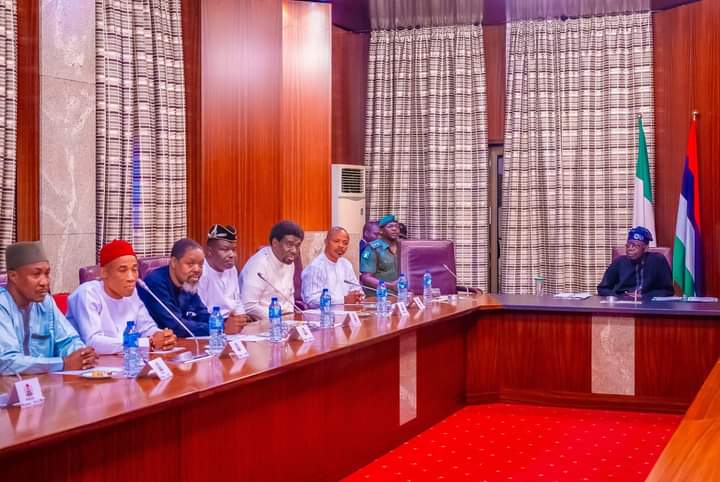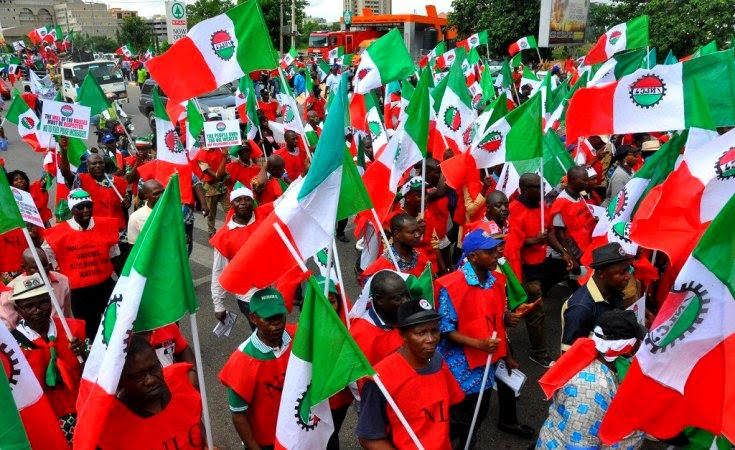Mr Adeniran Adeyemi, the Statistician General of the Federation and Chief Executive Officer of the National Bureau of Statistics (NBS), said this on Thursday during the inauguration of the New Nigeria Labour force Survey (NLFS) in Abuja
Adeniran said that the drop in NLFS from 33.3 per cent in the fourth quarter 2020 to its present rate was based on change in methodology adopted and not government performance.
The News Agency of Nigeria (NAN) reports that the new NLFS unveils a set of labour force indicators designed to provide unparalleled insights into the dynamics of the workforce in Nigeria.
The NLFS was conducted by the NBS in collaboration with the World Bank (WB) and the International Labour Organisation (ILO) in response to the labour market dynamics
Adeniran said, “let me at this point clearly state that this methodology review has nothing to do with whitewashing the image of any government or political party.
“This process is routine for any responsible statistical office, and we have no reason to continue to ignore the adoption of new methods, when the evidence clearly indicates the need for it.
“As a national statistical office, our responsibility is to provide government and all users with accurate data for evidence-based decision making, adhering to the highest possible standards, and our commitment in this regard is unwavering”.
According to Adeniran, the new method which indicates that not less than 73 per cent of Nigerians are engaged in one form of work, recognises all forms of engagements from which individuals earn income.
He said using the new ILO definition, the survey showed that the unemployment rate for the fourth quarter of 2022 stood at 5.3 per cent and 4.1 per cent for the first quarter of 2023.
“This figure aligns perfectly with neighbouring countries around Nigeria. Ghana (3.9 per cent); Niger (0.5 per cent), Chad (1.4 per cent), Cameroon (4.0 per cent), Togo (4.1 per cent), Benin Republic (1.7 per cent) amongst others.
“In responding to the shifting global landscape and the ever changing data ecosystem, it is imperative for us to continuously adapt the way in which we collect and analyse data.
“This is to ensure that we are producing data that reflects reality and the experiences of Nigerians.
“These changes also includes a revision to the design and methodology applied in the conduct of the actual survey.
“Which is the survey that produces commonly known headline Unemployment and Underemployment rates as well as other labour market indicators that guide policymakers, researchers, and other users,” he said.
According to him, the results indicates a scarcity of wage-employment, as the share of those employed in wage-employment during the reference quarters was 13.4 per cent in Q4 2022 and 11.8 per cent in Q1 2023.
Adeniran said that the working age population which was defined previously as persons aged 15-64, is now defined as persons aged 15 and above.
He said this was a very important change particularly in the Nigerian context as it recognises the labour contributions of persons above the age of 64 which was not done previously.
The NBS boss said the unemployed appeared to be the most controversial amongst the changes announced under the review.
According to him, the new standard defines the unemployed as persons within the labour force, who within the reference period did not work for pay or profit for a minimum of one hour.
“In the real sense, nobody works one hour a week and then sits down and does nothing else when there are opportunities for more hours of work.
“The statistics show that only 7.1 per cent of those working, work between 1 – 19 hours per week. So, one hour is just a benchmark and nothing more than that,” he said.
The survey revealed that about three quarters of Nigerians in the working age population, 73.6 per cent in Q4 2022 and 76.7 per cent in Q1 2023 were engaged in some form of work for pay or profit in the quarters under review.
Earlier, the World Bank’s Country Director, Shubham Chaudhuri pledged the continued support of the bank to ensure a robust, regular national LFS data for the country.
Chaudhuri said a reliable data provided the government with knowledge about the nation’s welfare and ensured the right intervention and programmes needed to address its challenges.
The Minister of Budget and Economic Planning, Abubakar Bagudu, said data was key to national planning and development.
According to Bagudu, President Bola Tinubu believes in reliable data for planning, and will support anything towards production of appropriate data.
“To create jobs for youths, we need this kind of data, a lot needs to be done to address the high rate of unemployment in the country. The President is desirous of reducing unemployment.
“Nigeria is one of the countries with absorptive capacity, so what we need is to provide better environment and more incentives,” he said.
While commending the NBS and its partners in revising the methodology, Bagudu said, henceforth, the ministry would use the revised data more practically.
Also, the acting Governor of the Central Bank of Nigeria (CBN), Mohammed Tumala said labour statistics was one of the most important inputs to economic policy and business decisions.
Tumula said labour was the most important factor of production and determined both the quantity and quality of utility of other factors.
While lauding the NBS, he stressed the need for synergy with communication experts to ensure proper linkage and dissemination of data to the public.
Similarly, Prof. Mike Obadan, Non Executive Director and member MPC, CBN, also reiterated the need for NBS to ensure robust strategy for communicating its survey findings to the public in simple language.
(NAN)














